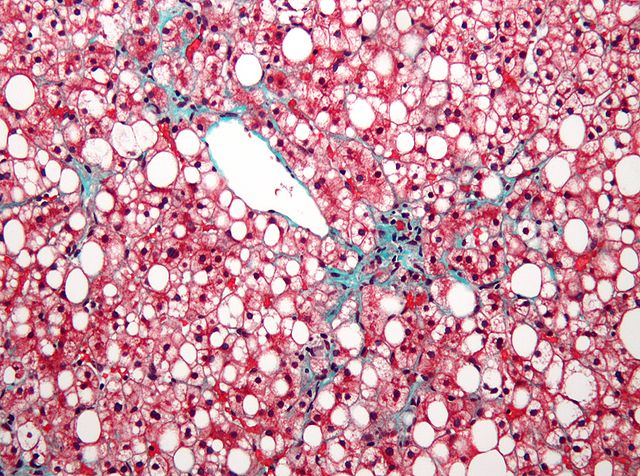International Diabetes Federation Says Epidemic Out of Control
The International Diabetes Federation (IDF) released new data today showing that a staggering 285 million people worldwide have diabetes.
Healthy Neighborhoods May Be Associated with Lower Diabetes Risk
Individuals living in neighborhoods conducive to physical activity and providing access to healthy foods may have a lower risk of developing type 2 diabetes in a five-year period.
Future Diabetes Treatment May Use Resveratrol to Target the Brain
Resveratrol, a molecule found in red grapes, has been shown to improve diabetes when delivered orally to rodents. Until now, however, little has been known about how these beneficial changes are mediated in the body.
Chinese Herbal Medicines for Preventing Diabetes in High Risk People
The researchers considered data from 16 clinical trials including 1,391 people who received 15 different herbal formulations. According to their findings, combining herbal medicines with lifestyle changes is twice as effective as lifestyle changes alone at normalising patients' blood sugar levels.
Bundling 2 Low-Cost Heart Drugs Prevents Heart Attack and Stroke in Large, Diverse Population
A program that bundled two generic, low-cost drugs and gave daily doses to diabetics or heart disease sufferers is estimated to have prevented heart attacks and strokes in the first year.
Ethnic Background May Be Associated with Diabetes Risk
Fat and muscle mass, as potentially determined by a person's ethnic background, may contribute to diabetes risk.
Positive Trend for Diabetic Eye Health
Good news on preserving vision in people with type 1 diabetes, a warning from the Cardiovascular Health Study for macular degeneration patients, and a report on how vision impacts well-being across the lifespan.
Diabetes Weakens Your Bones
Current research suggests that the inflammatory molecule TNF-a may contribute to delayed bone fracture healing in diabetics.
People with Type 2 Diabetes Improved Muscular Strength
Physical therapist-directed exercise counseling combined with fitness center-based exercise training can improve muscular strength and exercise capacity in people with type 2 diabetes, with outcomes similar to those of supervised exercise.
Diabetes Most Prevalent in Southern US
Diabetes prevalence is highest in the Southern and Appalachian states and lowest in the Midwest and the Northeast of America.
Insulin, Metformin Do Not Reduce Inflammatory Biomarkers for Diabetes Patients
In patients with recent onset type-2 diabetes, treatment with insulin or the diabetes drug metformin did not reduce inflammatory biomarkers, although the treatment did improve glucose control
Team Reveals Molecular Mechanism Underlying a Form of Diabetes
Researchers have discovered a new molecular mechanism that regulates specialized pancreatic cells and insulin secretion. Findings may help identify new molecular targets for treating both rare and common forms of diabetes and hyperinsulinemia.
Regular CGM Use Increases Diabetes Control for All Age Groups
Studies link improvements in diabetes control to frequency of use and demonstrate continued improvements 12 months after use, with remarkably low occurence of severe hypoglycemia.
Children with Fatter Midsection at Increased Risk for Cardiovascular Disease
Children with more fat around their midsections could be at a higher risk of developing cardiovascular disease later in life, researchers say.
Diabetes Advance: Researchers Find Gene That Causes Resistance to Insulin
A breakthrough has uncovered a new gene that could lead to better treatment of type 2 diabetes, as well as a better understanding of how this widespread disease develops.
Exercise Alone Improves Insulin Sensitivity in Obese Sedentary Adolescents
A moderate aerobic exercise program, without weight loss, can improve insulin sensitivity in both lean and obese sedentary adolescents.






